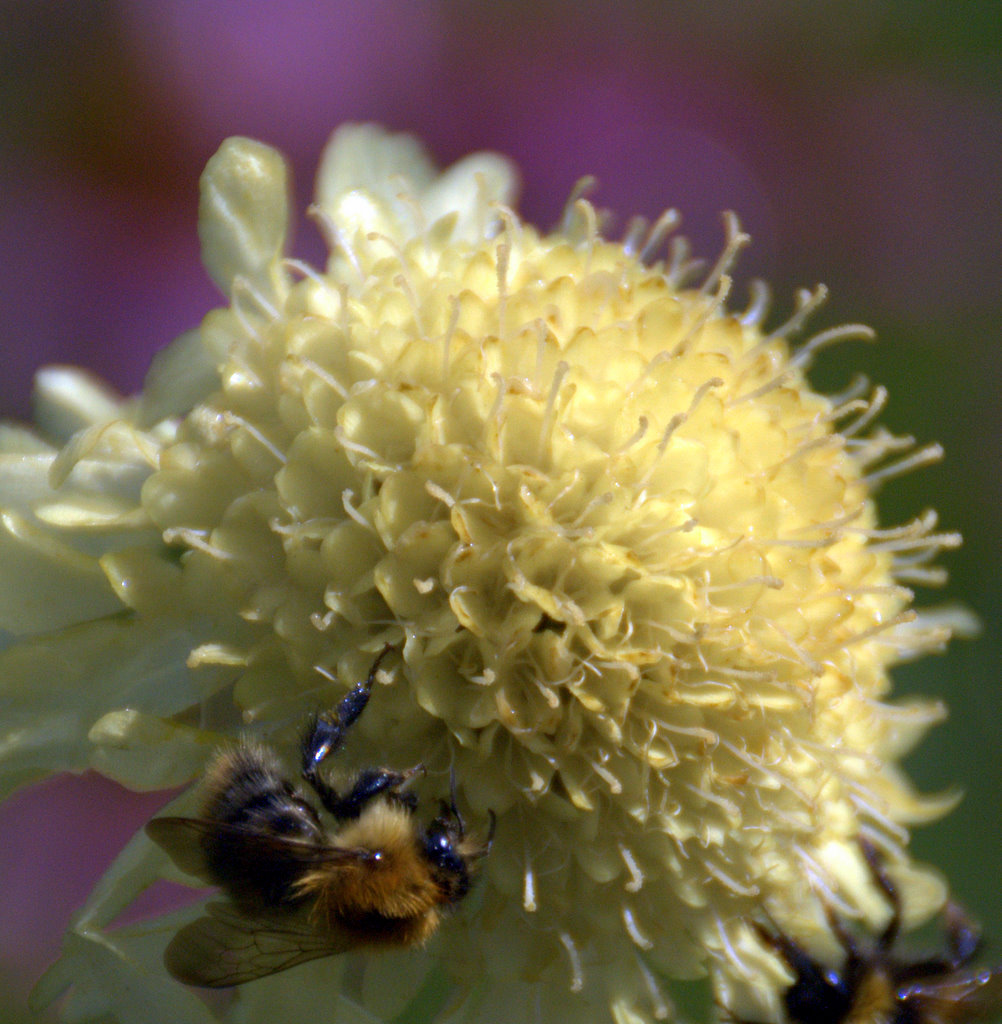I have decided……. Spring is here!
I was going to post something about planting for spring interest, but that will have to wait as my thoughts drifted to spring of last year, when I kept finding dead bumble bees on my daily dog walking route, through fields of oilseed rape. I found so many dead bees, day after day, that on one walk I collected them all up – over 30 in less than an hour! The explanation offered by the “experts” I contacted was that the bees had probably died of cold. But I have my doubts.
Today the UN published a report on the decline of bee populations around the world. The significance of bees to human survival can hardly be overstated: of the crops that provide 90% of our food, 71% are polinated by bees. The report’s findings indicate the problem is widespread, and the causes are complex. However, pesticides are one of the key suspects.
Italy, Germany, France and Slovenia have all banned certain pesticides because of their deadly effect on bees. Sadly, despite some compelling evidence, both new disclosures (check out this Independent article) as well as older news (e.g this soil association briefing), the UK Government doesn’t seem ready to act. Perhaps the lobbying has been a bit half-hearted – it emerged in January that the British Beekeepers’ Association had been receiving money from the pesticide manufacturers.
So, what can you do? Well, today the British Beekeepers’ Association issued an invitation to a debate at the House of Commons, so if you’re in town why not pop along and have your say? Meanwhile, back home in the garden we can steer clear of bee-deadly chemicals: complimentary planting is always a good idea, there’s a list of pesticides to avoid here, and a free download from www.biobees.com here.
Please also join the AVAAZ Petition to get neonicotinoides banned in the EU and US – as I write this over 1.2 million people have already signed up!
Lets hope it isn’t too late for our familiar honey bee Apis mellifera……..






Bees have been stinging us for years! Ruining picnics! Forcing us to wear shoes when skipping through flower patches!
Now the first time bees hit a rough patch they want to call a truce?
I say, no! We’ve got ‘em on the ropes, let’s keep on punching!
They only came and spoiled your picnics ‘coz they knew what you were thinking
Pingback: What are you feeding your bees this year? | Rosewarne Gardens, Designs